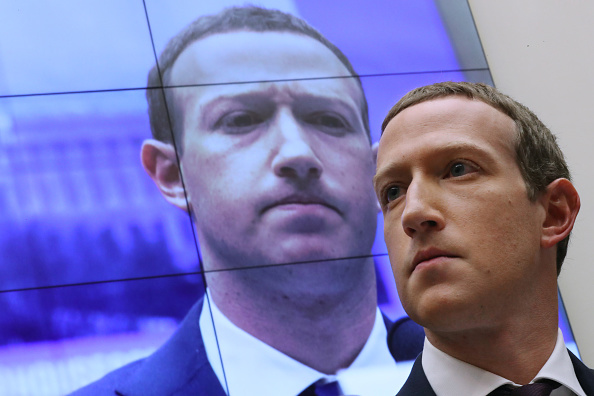The takeaways
- #StopHateforProfit, the advertising boycott targeting Facebook, began on Wednesday with hundreds of companies participating.
- CEO Mark Zuckerberg agreed to meet the campaign’s leadership despite telling staff that the boycott won’t deter future business.
- As Facebook’s shares fluctuate, the boycott’s effectiveness remains open to analysis, as do the implications for publishers and advertisers.
What happened?
Last Wednesday, #StopHateforProfit began its Facebook advertising boycott for at least the month of July. The ad pause saw an 8.3% fall in Facebook’s share price, which has already already varied due to its handling of the COVID-19 pandemic, hate speech and historic political voter interference.
Following failed attempts to prevent advertisers from withdrawing, CEO Mark Zuckerberg agreed to meet the boycott’s organizers this week. Zuckerberg reportedly told employees that the company’s policies will not be changed by “a threat to a small percent of revenue” and dismissed the boycott’s revenue impact. Analysts, Pathmatics, tallied Facebook’s 100 biggest ad spenders at less than 6% of its revenue. The top 25, according to CNN, accounted for almost 3% of Facebook’s 2019 revenues at an estimated $2 billion.
Publishers noted that powerful brands like Starbucks and Coca Cola have paused without joining the campaign. Unilever, meanwhile, is removing all ads from social media entirely.
How far does the boycott reach?
Questions surround the boycott’s effectiveness and longevity. CNN reports that most of Facebook’s 100 biggest advertisers are still running ads, including 22 of the largest spenders. The BBC also identifies small companies as the main source of the company’s revenue. And despite almost 1,000 known brands joining in, one poll found almost 70% either had no opinion or were unaware of the boycott.
Zuckerberg’s comments notwithstanding, Facebook’s latest announcements show awareness of the importance of brand trust. By undergoing a brand safety audit and promising better security for user data and journalists, it is addressing potential threats to its image and revenues.
Advertising Perceptions reported recently that 79% of US marketers only expect digital ad buying to pick up again towards the end of Q3. With digital ad spending forecasts being renegotiated in the wake of the pandemic and the boycott, publishers have a chance to promote their advantages. Values like transparency, compliance, accountability, and verifiability – all things Facebook has been criticised over – are considered cornerstones of the news media Facebook itself has pledged to support.
However, publishers remain even more dependent on ad revenues than Facebook does. Despite funding for journalism from Google, it remains to be seen whether ad purchases will start to flow back to them.
For further reading, please see these pieces by MarketWatch and The Drum.









